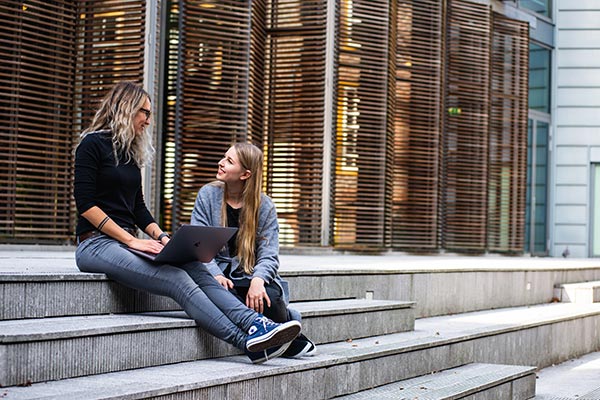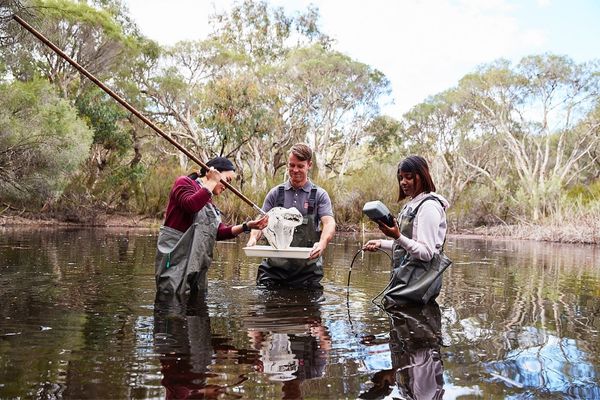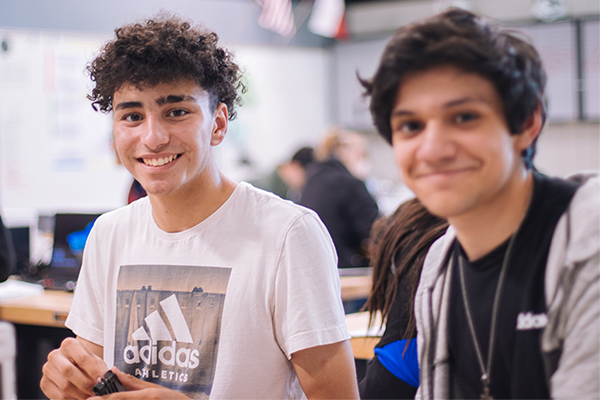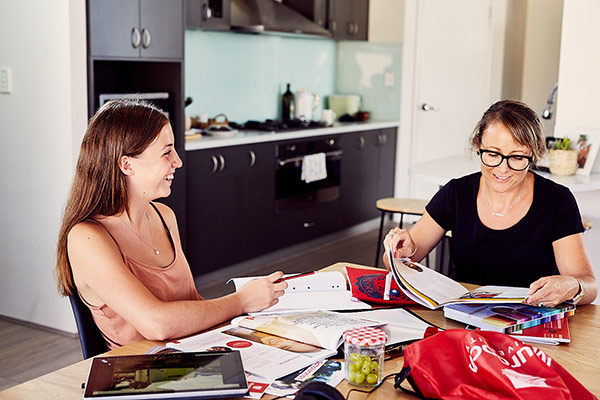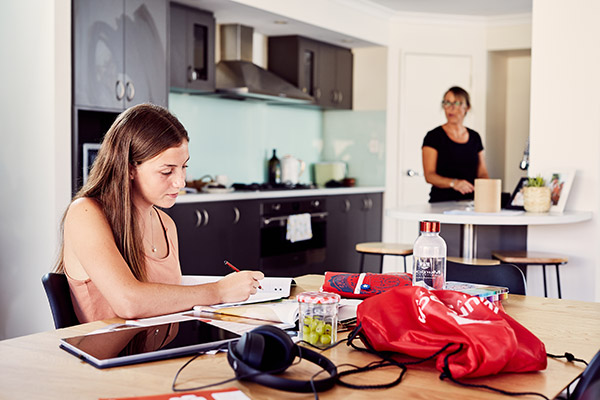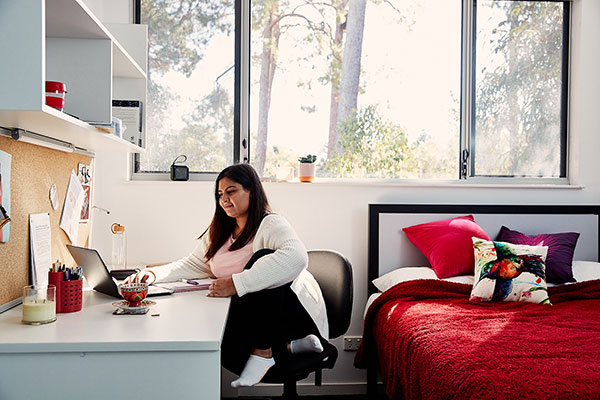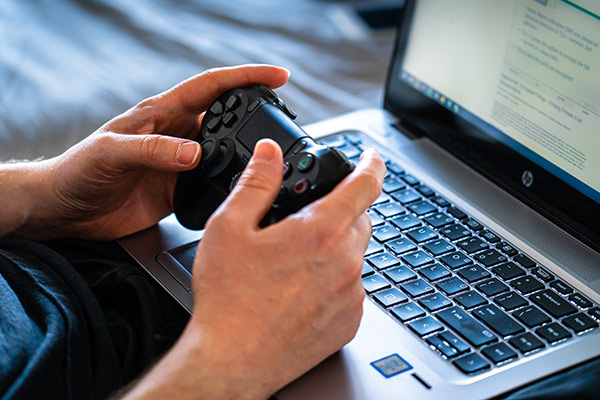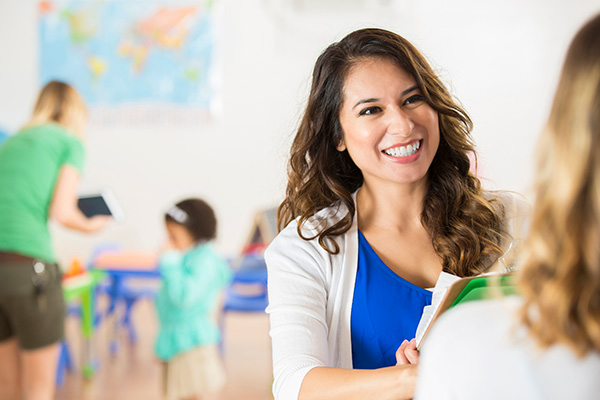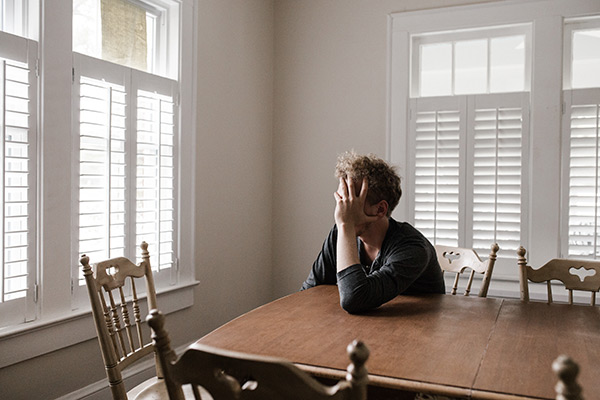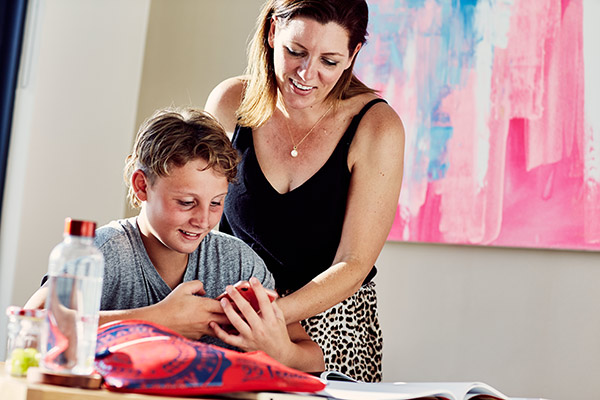
Preparing for university is a wake-up call for many students. From Year 11, high school students know they must perform well in their ATAR classes. No-one predicted a global pandemic or prepared for self-isolation before March 2020.
As a result, many high school students are feeling justifiably anxious about the impact of COVID-19 on their university career and their future. What can parents do to help?
Living through a moment in history is hardly the experience most high school students appreciate when it disrupts their entire world. Not only has it up-ended the school year, a teenager’s social life has been squashed, their sporting activities have been cancelled and it’s almost impossible for them to have the independence they crave. The worst part is the rapidly changing conditions related to COVID-19 make everyone feel unsettled.
As a rule, humans prefer certainty to uncertainty. It’s normal for your child to be experiencing feelings of anxiety because no-one knows what’s going to happen in the coming days, weeks or months. Everyone is operating in unchartered territory, but there are things you can do to help alleviate your child’s concerns.
Acknowledge feelings of anxiety in your child
The best approach is to acknowledge the situation and empathise with your teenager. It can be as simple as saying, “I’m sorry this is happening to you,” or “I know it’s difficult to have everything change so rapidly.” Reminding them everyone is going through the same thing might not be so helpful because they have less control over almost every aspect of their life.
Take a realistic approach
No-one can control what’s happening, so it’s best to keep informed about the changing nature of the virus. You can download the Government’s Coronavirus Australia app, which is available from the Apple App Store and on Google Play. The app was launched alongside a new WhatsApp feature. Both are designed to provide critical and accurate information to Australian citizens. Make decisions based on information in the app and include your teenager in these discussions.
According to Psychology Today, there are four things every person can do to increase resiliency even when adversity is thrust upon you:
- Nurture and invest in your social relationships, even if it means using a video app like Skype or FaceTime.
- Increase self-care by including something in your day that makes you feel peaceful like taking a walk, spending time with a pet or making a meal for your family.
- Be flexible. Accept your feelings are valid and adapt to the ‘new normal’, knowing self-isolation is only a temporary situation.
- Focus on what’s in your control instead of reacting to things you can’t control
Let them know they have options. If your child is feeling under pressure about their ATAR, assure them education and government authorities are incorporating the impact of COVID-19 into their planning. This is one time when it’s good to remind them they’re in the same boat as every other child in Year 11 and Year 12.
Assure them their studies will continue
If your child is feeling under pressure about their ATAR, assure them education and government authorities are incorporating the impact of COVID-19 into their planning. This is one time when it’s good to remind them they’re in the same boat as every other child in Year 11 and Year 12.
Limit technology; encourage sleep
Social media, more than ever before, has been rife with misinformation about every aspect of the novel coronavirus. Counsel your child to rely on official sources for information about the spread, treatment, and prevention of COVID-19. In addition to the widely held advice about washing hands, one of the best ways to boost your immune system is to get a good night’s sleep while in self-isolation.
Stick to your normal routine
It might sound simplistic but keeping to the same schedule when studying at home can help your child feel more settled. Getting out of bed, showering, dressing and having breakfast should remain part of the normal Monday through Friday habits. It will help your child feel a sense of purpose and preparedness.
Admit to being in unchartered territory
Your high school student may expect you to have all the answers. It’s okay to admit you don’t. By staying calm, following government guidelines and advice, and only referencing official sources of information, your child will see how to behave in times of uncertainty. Help them enhance their home learning and encourage them to have fun with their studies.
Consider this period of self-isolation a golden opportunity to spend valuable time with your teenager before they begin university and leave home for good!
Other useful resources:
- Learning at Home from the WA Department of Education
- Kids Helpline: 1800 55 1800 to speak with a counsellor, 24 hours a day. Online chat is also available around the clock
- Sleep Health Foundation has excellent resources about COVID-19
- How to manage stress and anxiety during COVID-19 from Murdoch University has advice for uni students that’s also helpful for high school students.












